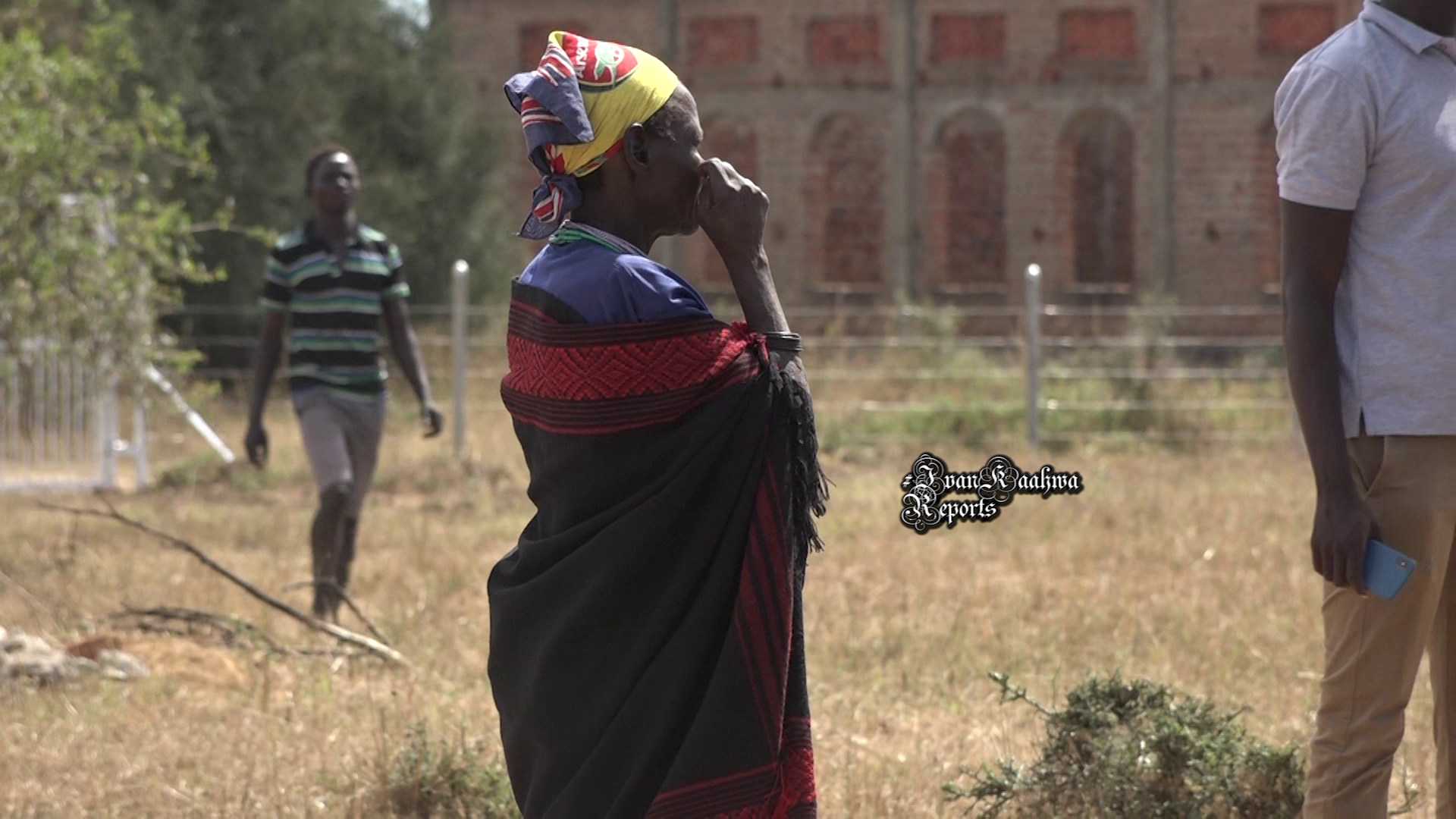News
FGM Practices Adapt to Circumvent Existing Laws; Child-to-Child and Cross-Border Incidents Increase
Families, instead of acknowledging FGM as a challenge with severe implications for girls’ lives, have resorted to clandestine methods, exploiting family and church gatherings to continue the practice.

By Ivan Kaahwa
The vice of Female Genital Mutilation (FGM) remains a concern in Uganda, particularly in the Sebei and Karamoja regions, where young girls endure the practice, often without consent, inflicting immense pain. This harmful tradition not only violates numerous human rights, including access to education and sexual reproductive health but also undermines the dignity of women in communities such as the Sabiny and Pokots. Despite the introduction of FGM laws, new trends have emerged, indicating a disturbing evolution in the practice.
Families, instead of acknowledging FGM as a challenge with severe implications for girls’ lives, have resorted to clandestine methods, exploiting family and church gatherings to continue the practice. Furthermore, there is a reported increase in cross-border incidents, with families traveling to neighboring Kenya to evade legal repercussions. Shockingly, there are reports of infants being subjected to FGM, along with a disturbing trend of older women undergoing the procedure.
Angela Nakafeero, Commissioner, Gender and Women Affairs, emphasizes the critical role of education in combating FGM, along with enhancing support services and enforcing legal frameworks to detect, report, and ensure justice for victims. She advocates for improved communication in FGM prevalent areas, suggesting the establishment of community radios to challenge entrenched social norms.

The report from the Cross-Cultural Foundation of Uganda, conducted among Pokots in Amudat and Tepeth in Moroto, reveals that communities have adapted to new trends to circumvent existing laws by conducting FGM privately. Despite the presence of legislation, the practice persists, with rates at 52% among the Tepeth and 55% among the Pokot as of 2016. The vice has however been reduced from 1.4% to 0.3% a positive indicator towards efforts to fight the vice in Uganda.
The research indicates that the Pokot view FGM as integral to their identity, while the Tepeth claim to have learned it from the Pokot. Barbra Mutambi, the Executive Director of the Cross-Cultural Foundation of Uganda (CCFU), noted that dealing with the Tepeth community may be easier, as they adopted the practice from the Pokot. While the research aims to contribute to efforts to end FGM and identify alternative approaches, it also highlights urgent myths that need addressing. These include the belief among the Pokot that FGM is a prerequisite for marriage and the social stigma faced by women who have not undergone the procedure, which compels girls to undergo FGM to fit into their communities and maintain a sense of belonging.
Barbra also revealed that informing the Pokots about the pain associated with FGM is perceived as an attack on their identity. The report underscores the economic incentives tied to the practice, such as access to dowries for circumcised girls. It was established that the process of FGM involves preparing family members to conduct the procedure, making families key drivers of the persistent act. Modifications in the practice include girls cutting fellow girls, often those below the age of criminal liability, cross-border cutting, and collusion between girls and their mothers to undergo the procedure.

To address this issue, the Cultural Foundation of Uganda is launching a pilot study in 2024 aimed at nurturing girls to become responsible adults as an alternative approach to ending FGM. The study, based on recommendations from affected communities, will involve identifying girls aged 13-18, training and grooming them to signify transition through changes in attire, performing traditional songs, engaging in merry-making, and awarding prizes to graduates by their relatives and friends. The ceremony, named Kipuntogh, aims to restore positive cultural practices and identities among the Pokot to tackle development challenges such as FGM and child marriage.

State Minister for Culture Affairs, Peace Mutuuzo, advocates for cross-border laws to combat FGM and emphasizes the importance of partnerships, education, and funding to achieve the goal of eradicating FGM by 2030. Government interventions include mass distribution of the National Strategy to End Child Marriage, training duty bearers, engaging surgeons, and capacity building for law enforcement agencies. Mutuuzo pledges continued efforts to ensure policies are in place to eliminate FGM by 2030, necessitating comprehensive efforts involving education, cultural empowerment, cross-border cooperation, and robust enforcement of laws. She acknowledges the changing nature of FGM practices over time, including the emergence of medicalized FGM conducted in health centers.
By Ivan Kaahwa via X
#IvanKaahwaReports


































